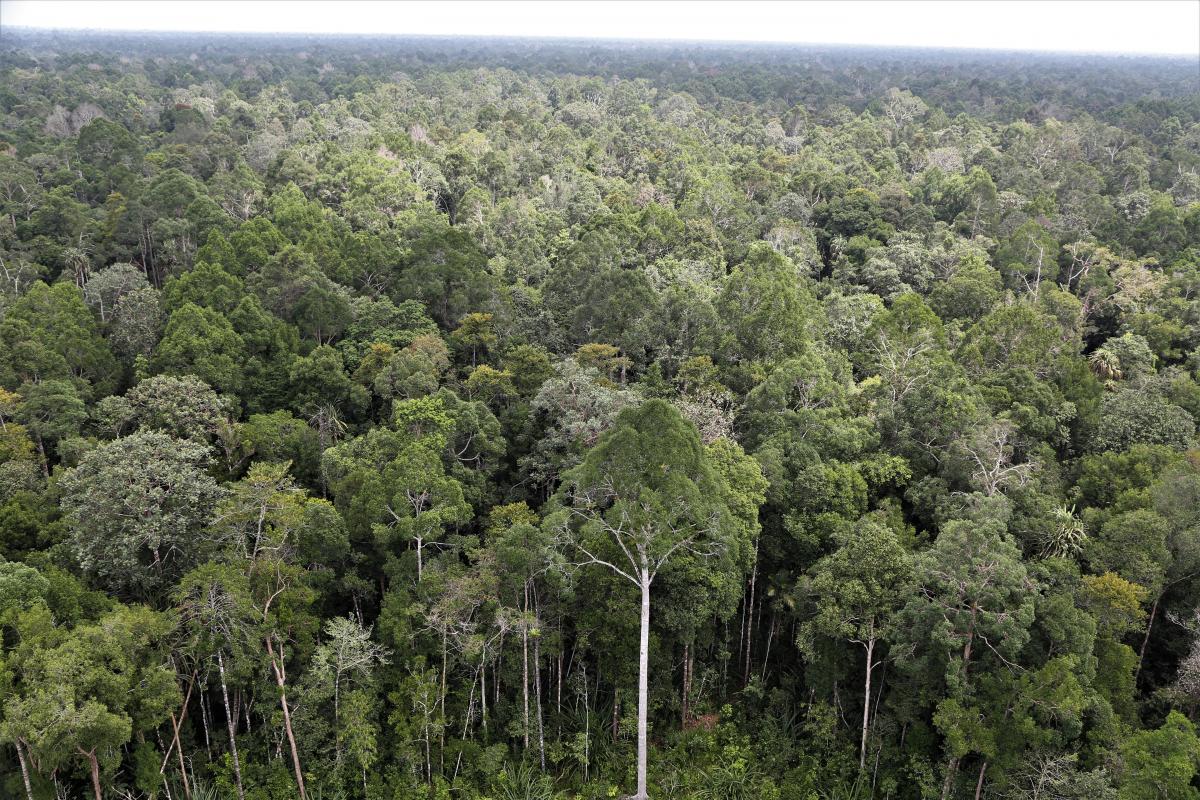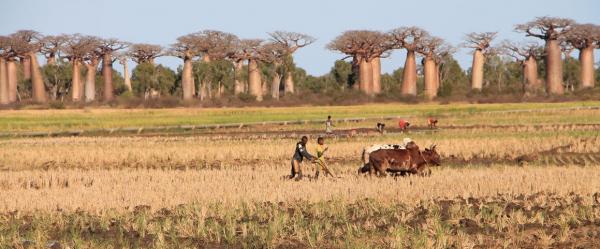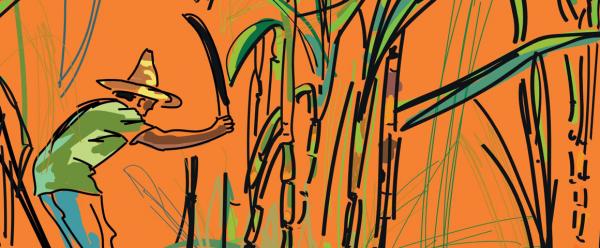Institutional news 26 April 2024
- Home
- Press area
- Press releases
- AFD CIRAD Southeast Asia forests
AFD and CIRAD commit to develop sustainable management of large agricultural and forestry plantations in four ASEAN countries

The ASEAN zone is home to the world's third largest tropical forest, after the Amazon and the Congo Basin. The challenge for this new CIRAD-AFD project is to support the agroecological transition of the main tropical plantation chains, to reduce their impact on biodiversity and help fight deforestation in the region © A. Rival, CIRAD
Located in the intertropical zone, the ASEAN zone is home to the world's third largest tropical forest, after the Amazon and the Congo Basin. However, the development of large agricultural or forestry plantations (for rubber, palm oil, cellulose or wood) has led to significant deforestation and sudden losses of biodiversity for decades. Technical and social control through management training for those involved in the development of these sectors is therefore an urgent priority.
In response to this situation, CIRAD intends to provide five years' support for capacity building in four ASEAN countries (Indonesia, Malaysia, Thailand and Vietnam). The aim is to consolidate existing training systems in order to train new generations of actors, by offering them new solutions that promote the productivity and sustainability of plantations.
After a first phase consisting in a nine-month feasibility study, the project will strengthen existing mechanisms for the initial training of Masters students and the continuing education of managers already in business (in large plantations, cooperatives of small farmers and in banks financing agriculture). The training content will focus on agroecology, environmental and social management, and the consideration of climate change and biodiversity. In addition to actions aimed at students, the project will organize regional workshops to raise awareness and share experiences and good practices.
"The sustainable management of agricultural and forest plantations is not only an issue of biodiversity conservation, but also a social and economic issue in Southeast Asia. These are concrete topics that CIRAD and its partners in Indonesia, Malaysia, Vietnam and Thailand are very familiar with," explains Yazid Bensaïd, AFD Regional Director for Southeast Asia. "We trust them to work together to define and implement training actions for the new generation of plantation managers, farmers and even agricultural bankers! This project is fully in line with France's National Strategy to Combat Imported Deforestation (SNDI) to which AFD contributes."
For CIRAD President Managing Director Michel Eddi, "The aim is to prepare the agroecological transition needed by the main tropical plantation chains, given their impact on biodiversity: the resilience of those cropping systems to climate change and their adaptation to the new social and economic contexts in developing countries is at stake, as is their ability to intervene on developed country markets with a guarantee of the sustainability of their production that consumers in northern countries are demanding. The young professionals in charge of these sectors must receive training to enable them to introduce and identify good practices, improve certification systems, and manage the cohabitation between natural and cultivated areas in an innovative way. It will also be up to them to set up independent observatories to identify and assess the progress made by all the players in the service of this collective ambition. No sustainable development is possible without massive investment in human capital to prepare for the future."
"This regional project, which should contribute to the preservation of biodiversity through the fight against deforestation and the dissemination of agroecological practices, is a very concrete example of the areas in which France wishes to work with ASEAN!" , says Olivier Chambard, French Ambassador to Indonesia, Timor Leste and ASEAN.


























